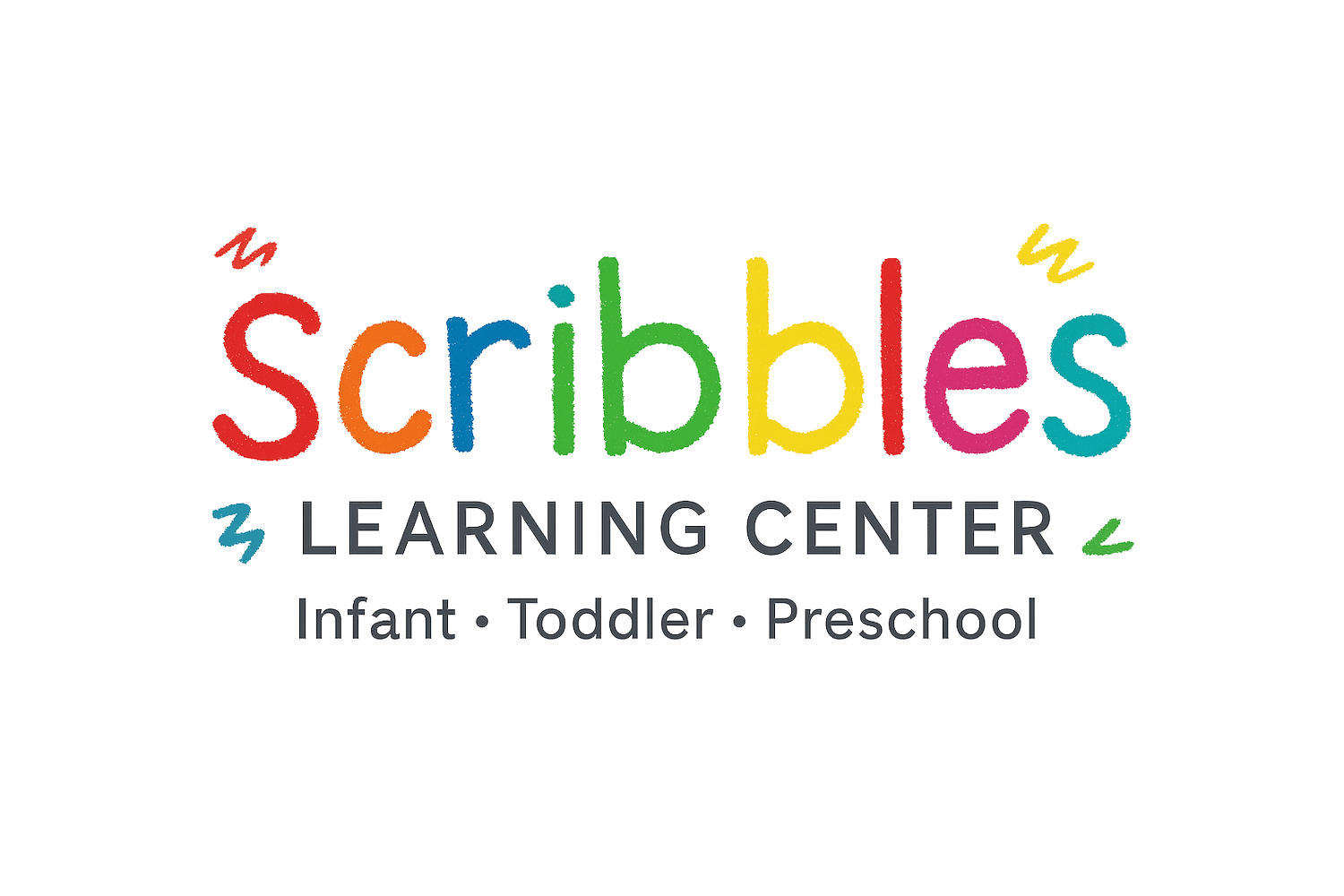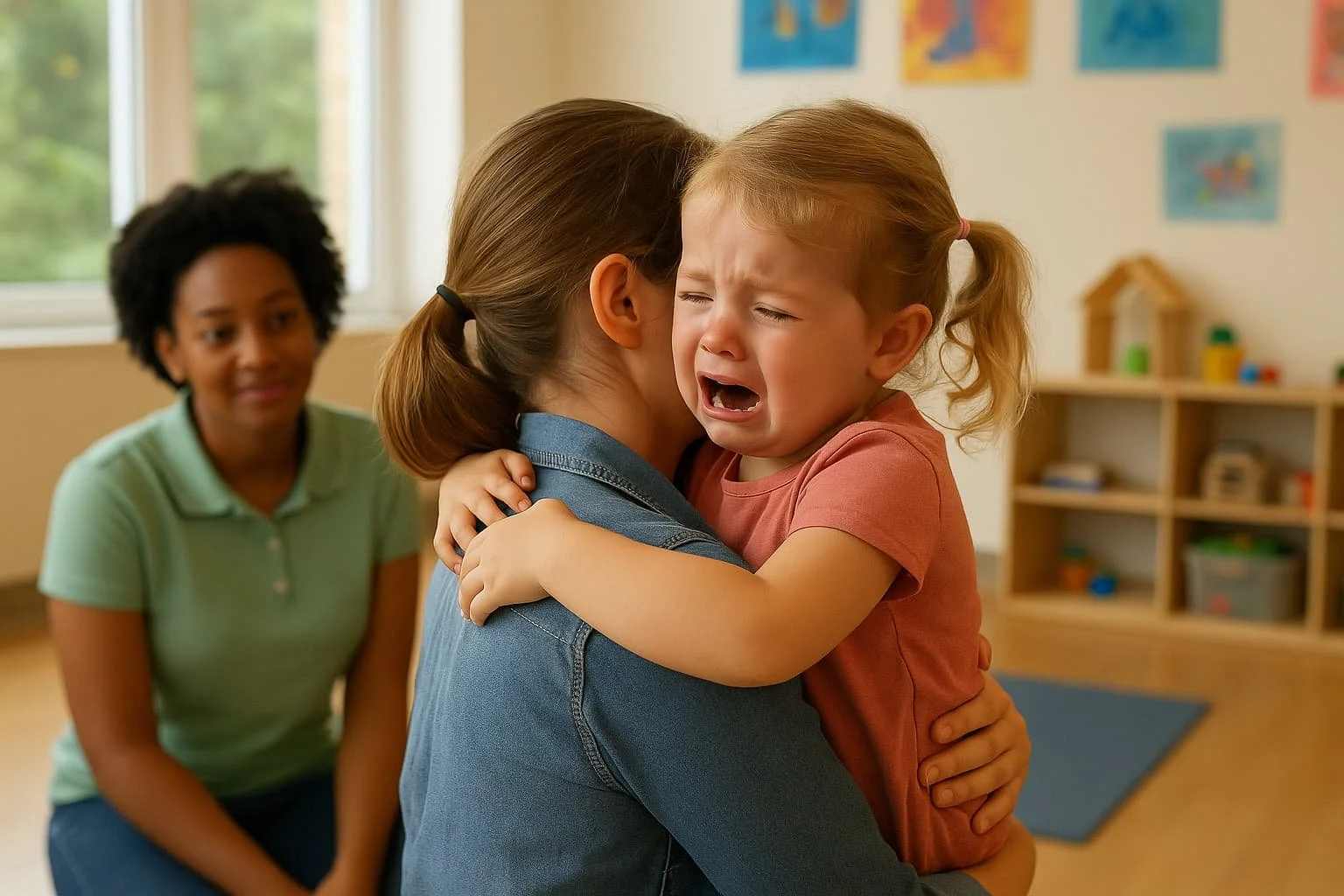Easing the Goodbyes: Helping Your Child Through Separation Anxiety
Starting a new childcare routine is a big step-for both children and parents. At Scribbles Learning Center, one of the most common experiences we support families through is separation anxiety. While it can feel overwhelming, this emotional milestone is a normal part of early development and can be managed with patience, consistency, and a little extra reassurance.
What Is Separation Anxiety?
Separation anxiety typically begins around 6-9 months of age and can peak again during toddlerhood or when new transitions occur-like starting preschool or a new classroom. It's rooted in a child's deep attachment to their caregiver and their growing awareness that people and places exist even when out of sight.
For children, saying goodbye can feel uncertain. Will you come back? When? Where are you going? These questions are felt even before they can be expressed.
How We Support Children at Scribbles
Our teachers are trained to create a calm, welcoming environment that helps children feel safe and connected. We:
Build strong teacher-child relationships from day one
Follow consistent daily routines so children know what to expect
Comfort children with warm, responsive interactions
Stay in close communication with families, especially during transitions
We also use tools like visual schedules, transitional objects (like a favorite blanket or photo from home), and the Brightwheel app to help parents stay connected and reassured throughout the day.
Tips for Parents: Supporting Your Child Through Separation Anxiety
1. Create a Goodbye Ritual
A consistent, quick goodbye ritual-like a hug, a wave through the window, or a special phrase-can give your child a sense of control and predictability.
2. Be Confident and Calm
Children take emotional cues from you. If you show that you trust their caregivers and the environment, they will too.
3. Avoid Sneaking Out
As tempting as it is, leaving without saying goodbye can increase anxiety. It's better to be brief but honest: "I'll be back after snack time. Have fun!"
4. Bring Something from Home
A comforting item like a stuffed animal, blanket, or family photo can make your child feel safe and connected even when you're apart.
5. Be Patient and Consistent
Even if the tears come, staying consistent with your drop-off routine helps your child build trust that you always come back.
This Too Shall Pass
Separation anxiety is temporary and a sign of a secure attachment. With support, your child will gain confidence, independence, and the ability to explore their world knowing they are loved and safe.
At Scribbles Learning Center, we're honored to be your child's home away from home-and we're always here to support both you and your little one through every stage of early development.

